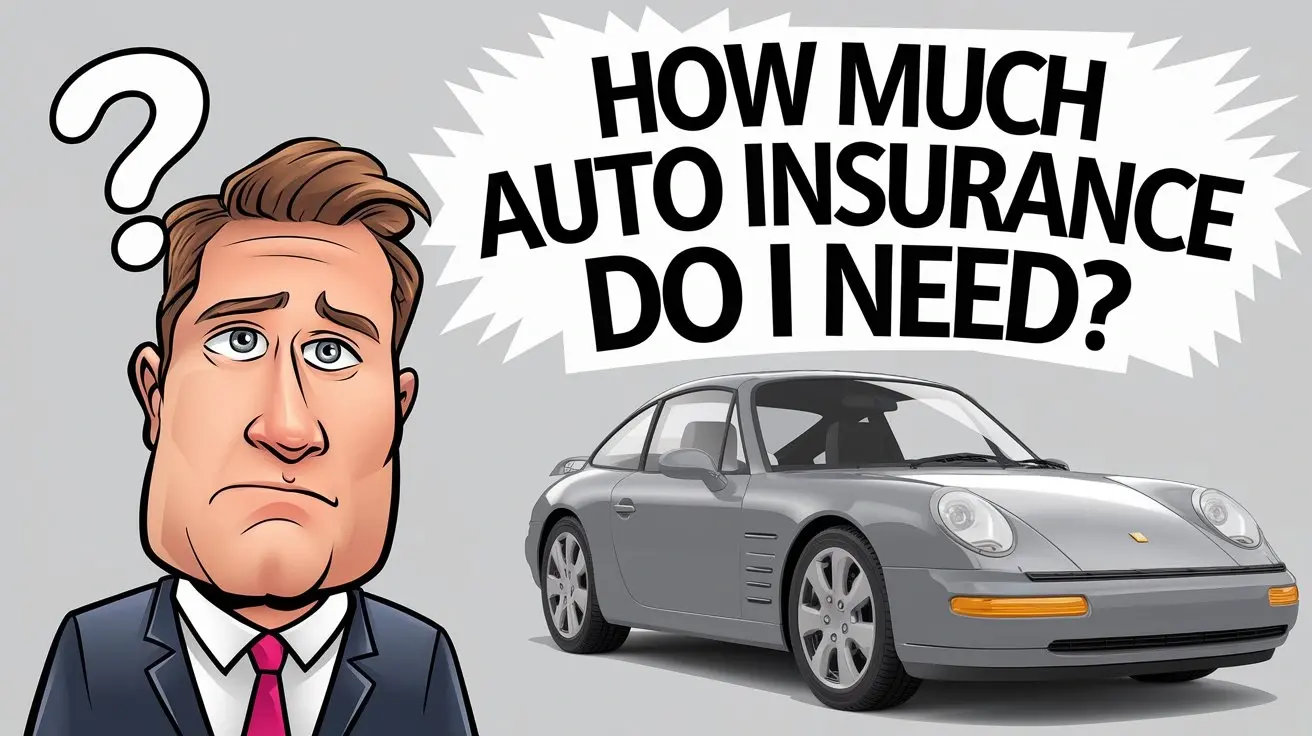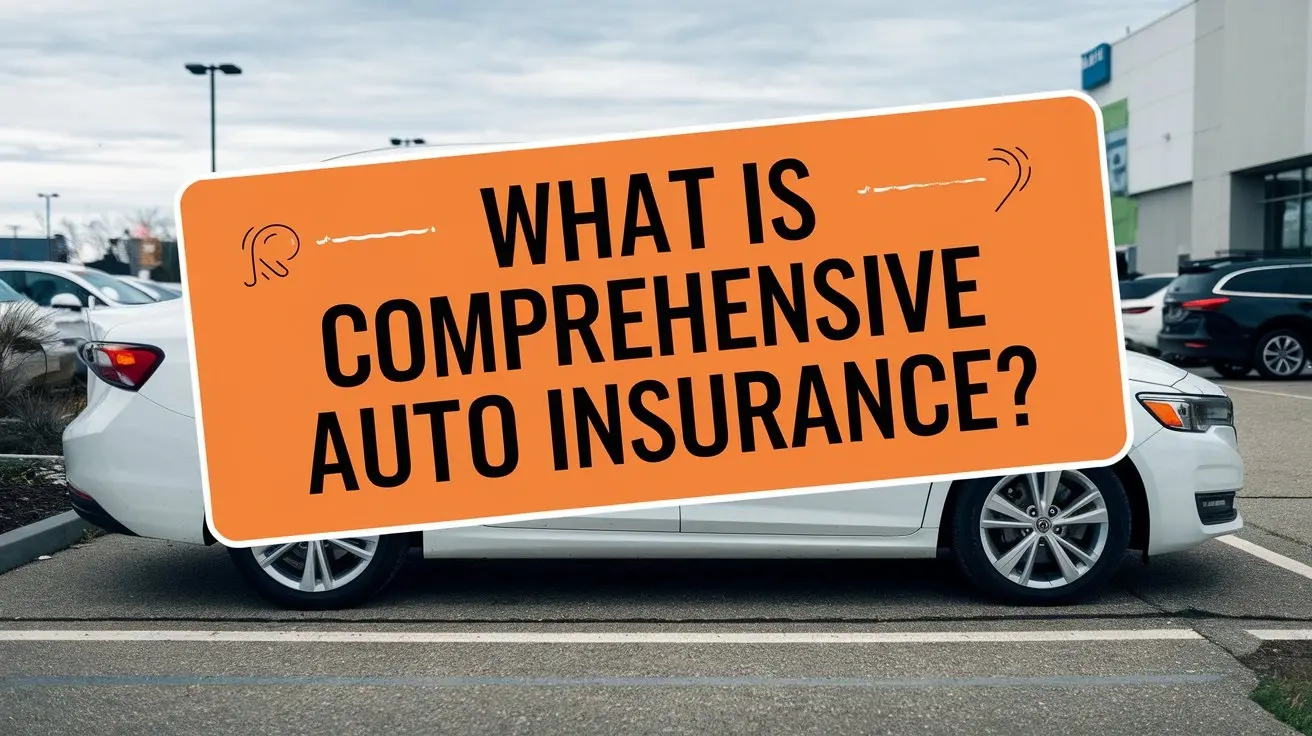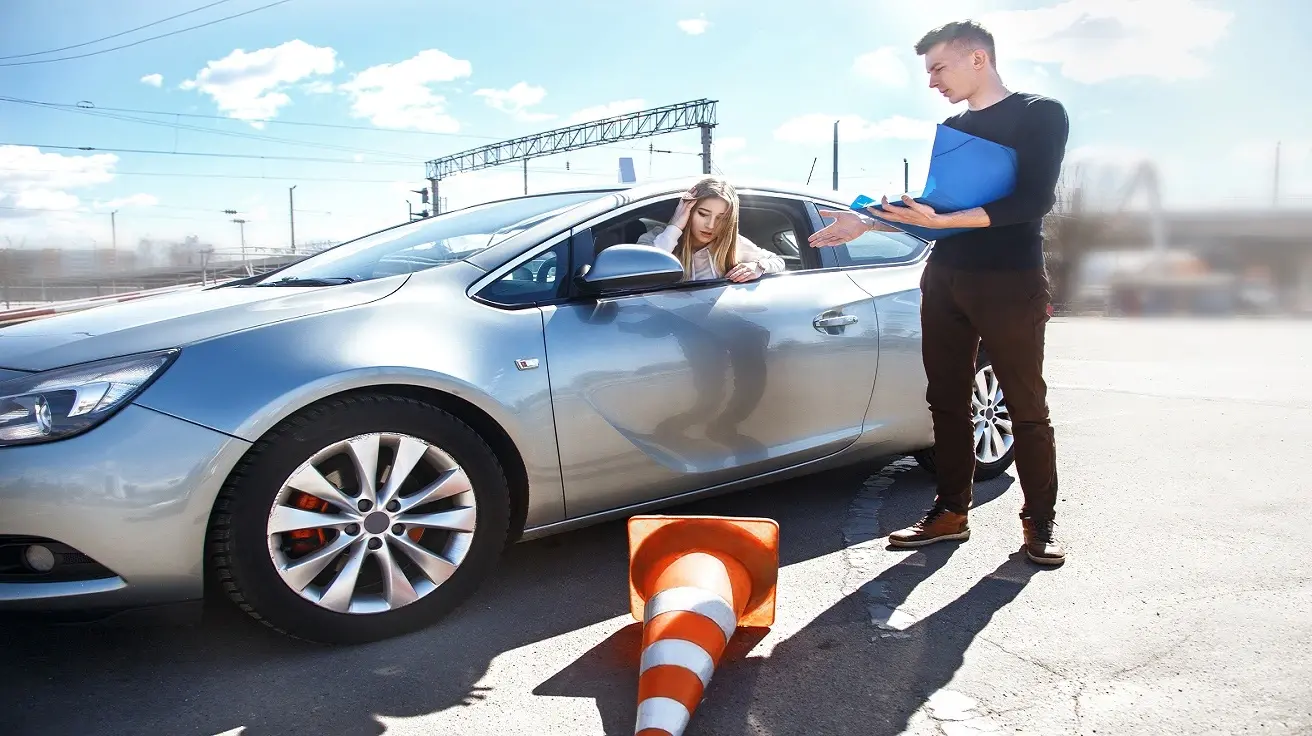21
Feb

A large number of individuals experiencing homelessness today resort to living in a car as the final and often inevitable step. However, it is surprising to learn that in many parts of the United States, sleeping in a car is prohibited, even if the individual has no other choice. This writing aims to discuss where such laws are in force and why different municipalities have resorted to banning car habitation.
Where Are ‘No Sleeping in Cars’ Laws?
Many states ban sleeping in your car and such ordinances are largely present in urban areas but may also be in suburban or rural places. In general, ordinances against sleeping in cars are commonly found on the West Coast and especially in the southwest areas of the USA; however, there are many more places under such restrictions now.
Specific cities with current or proposed laws against vehicle residency include:
- Los Angeles, CA
- San Diego, CA
- San Francisco, CA
- Seattle, WA
- Honolulu, HI
- Austin, TX
- Denver, CO
- Gainesville, FL
- Charleston, SC
- Chapel Hill, NC
- Newark, NJ
The restrictions come in a few different forms and are explained in detail below. This is a violation of the law governing some cities where the use of automobiles for sleeping is prohibited at night. Some others prohibit parking during certain periods, especially at night or in some parts of the public area. Other laws on a similar note pertain to residing in cars and other automobiles in general. Some of the outcomes include fines and in some extreme cases the confiscation of vehicles that contravened the laws.
The reason these laws exist is to prevent individuals from exploiting the system and to ensure that all parties involved act fairly and reasonably, both in business and in personal matters.
Cities provide a few standard arguments for their laws against sleeping in personal vehicles:
The issue also falls under the category of aesthetics and public health concerns.
Indeed, some politicians assert that people who live in vehicles, trucks, buses, and RVs are ugly and messy, leaving garbage, litter, and trash in the environment. However, critics argue that the homeless have no other option than to sleep and live on the streets or any other places they find. Such measures do not, however, eradicate the need for housing among the affected parties, and other forms of accommodation emerge.
Safety Issues
Another one of the frequently used arguments is that permitting vehicles to reside is dangerous. However, another study reveals that people who dwell in automobiles are way much more likely to be violent, in terms of their being on the receiving end of violence. Policies should aim at fighting homelessness in general and not individual cases, and the rights of these people should be protected.
Other legal aspects include the land use and zoning regulations that relate to the planning of the region and the allocation of land use for various activities.
He notes that most cities do not outlaw sleeping in cars but instead through planning ordinances and zoning laws. These include prohibitions against parking between certain hours or days, restrictions on the parking of oversized vehicles, and local ordinances making it unlawful to camp on public property; all of which amount to a de facto prohibition on using vehicles as shelter.
Discouraging Permanent Encampments
Some of the policymakers have maintained that since they permit couch surfing and sleeping in cars for a limited period, large homeless communities form. But even in countries with stringent laws, cities continue to experience these challenges with the informal settlements; this shows that it is not possible to eradicate them by employing punitive measures alone.
Economic Concerns
What is not spoken very often is that homeless people, those that are seen are perceived to be an obstacle to tourism, business investment, and thus growth in a city. However, critics would like to stress that neglecting the provision of housing and services for the most deprived citizens is something that should not be considered as a fair price for the other parties, namely the middle and/ or the upper classes, as well as for business and commerce.
This is a situation that arose from a lack of housing options for low-income earners, young couples, single mothers, and other social groups that are normally locked out of the housing market.
Finally, ordinances against sleeping in cars are thus rather a sign of the deficiency of cheap housing and shelter in many places. But to ban vehicle residency provides no other option but to force people experiencing homelessness elsewhere. A better approach, which is more humane and productive, is to work on increasing the availability of safe and sustainable shelter as well as permanent housing whether for shelter or other purposes.
In conclusion, I believe the information presented in this paper and a summary of the location of laws against sleeping in vehicles should help in understanding why they were enacted. The trend reflects bigger problems in the provision, and lack thereof, of adequate and affordable homes or shelter for people experiencing homelessness that require solutions beyond the punishment of those who have no place else to go. Please don’t hesitate to contact us if you have any other questions.
Save Big on Car Insurance – Call ???? (888) 666-1005 for a Quote!




